
[World Digestive Health Day] Irritable Bowel Syndrome Awareness
May 12, 2020
Do these symptoms sound familiar to you?
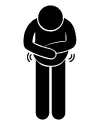
A
Abdominal Pain
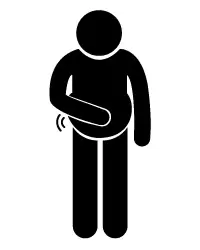
B
Bloating
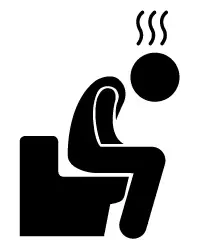
C
Constipation
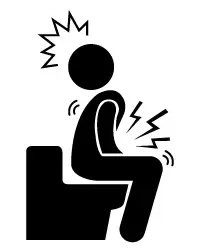
D
Diarrhea
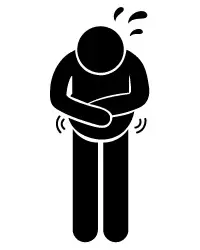
E
Incomplete
Bowel Emptying
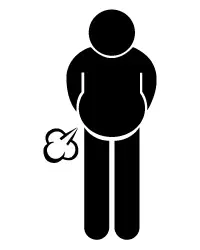
F
Flatulence
Figure 1: A to F Symptoms of
Irritable Bowel Syndrome (IBS)
World Digestive Health Day is celebrated on the 29th of May annually, to increase public awareness on digestive disorders and diseases, aiming to prevent and treat this public health issues1. Let’s take this opportunity to learn more about irritable bowel syndrome! Irritable bowel syndrome can affect our digestive health, leading to various digestive symptoms, affecting our stools consistency and frequency, and thereby impacting our daily life routine.
How to differentiate whether you are suffering from common gastrointestinal symptoms or irritable bowel syndrome?
It is difficult for people to differentiate between these two conditions, as both conditions can develop similar symptoms. Irritable bowel Syndrome (IBS) often occurs with a group of symptoms including abdominal pain and changes in bowel movements.
Currently, 1 in 6 Malaysians is suffering from IBS2. It is believed to be underestimated due to low awareness among the population. So, how do we diagnose IBS?
Doctors commonly diagnose IBS through reviewing the patients’ medical history, symptoms checking using the Rome criteria, and conducting a physical examination.
Patients with IBS can present with a wide variety of gastrointestinal symptoms such as abdominal pain, bloating, constipation, diarrhea, feeling of incomplete emptying, and flatulence. (as shown in Figure 1)
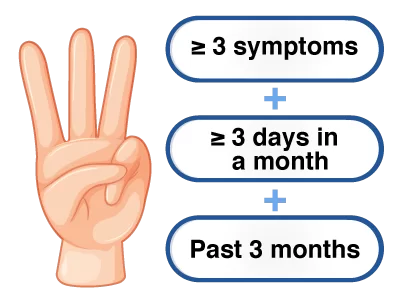
Figure 2: Rome Criteria used to diagnose IBS
Using Rome criteria (as shown in Figure 2), if you are suffering from 3 or more of the above symptoms (in Figure 1), and the symptoms are present for at least 3 days in a month in the past 3 months consecutively, then it is most probable that you are suffering from irritable bowel syndrome (IBS).
Therefore, you may keep track of your gastrointestinal symptoms and frequency; and self-check using this Rome criterion. This helps to differentiate IBS from common gastrointestinal symptoms. Typically, common gastrointestinal symptoms will present with just one or two symptoms, and they do not occur as frequently as in IBS.
Besides treating IBS symptom by symptom using combination of medications, intake of probiotic Lactobacillus plantarum LP299v has been showed to improve all IBS symptoms at once! Clinical studies revealed that patients with IBS showed significant improvement for the frequency and severity of IBS symptoms including bloating, abdominal pain, incomplete defecation, and stool frequency after consumption of Lactobacillus plantarum LP299v3.
BiO-LiFE Probi LP299v contains a specific strain probiotic Lactobacillus plantarum 299v.

Find out more on Probi LP299v
References
- World Gastroenterology Organisation, 2020. World Digestive Health Day (WDHD). Retrieved from https://www.worldgastroenterology.org/wgo-foundation/wdhd
- Tan, Y.M., Goh, K.L., Ooi, C.L., and Salem, O., 2003. Prevalence of irritable bowel syndrome in young adult Malaysians: a survey among medical students. J Gastroenterol Hepatol., 18(12):1412-1416
- Ducrotté, P., Sawant, P., and Jayanthi, V., 2012. Clinical trial: Lactobacillus plantarum 299v (DSM 9843) improves symptoms of irritable bowel syndrome. World J Gastroenterol, 18:4012-4018.



